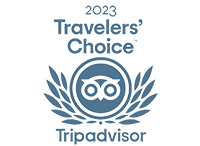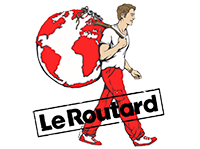Can You Drink Tap Water In Vietnam ?

1. Overview of water quality in Vietnam
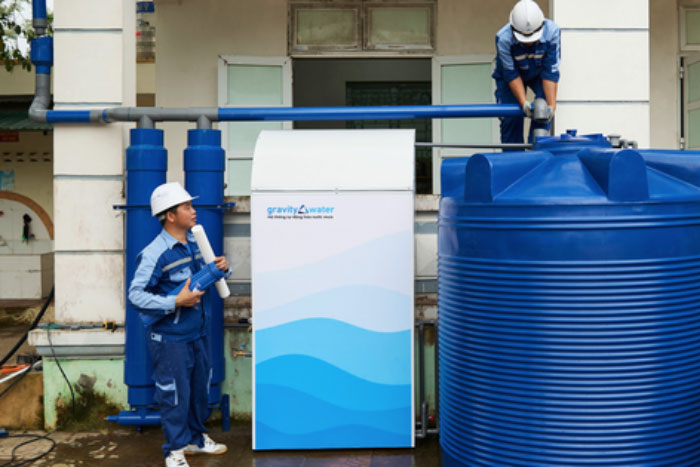
2. Sources of Tap Water in Vietnam
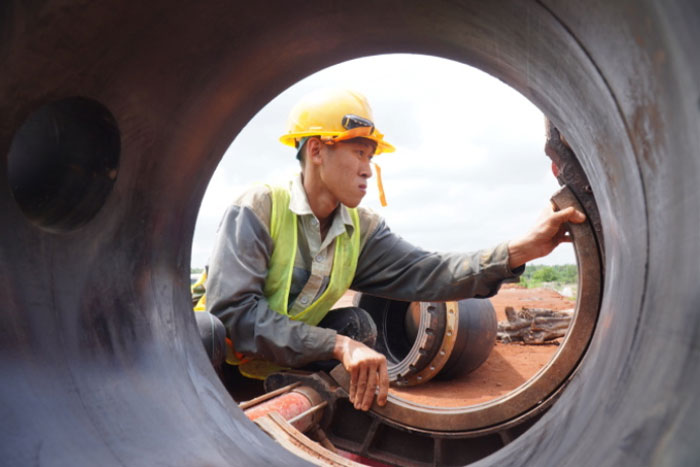
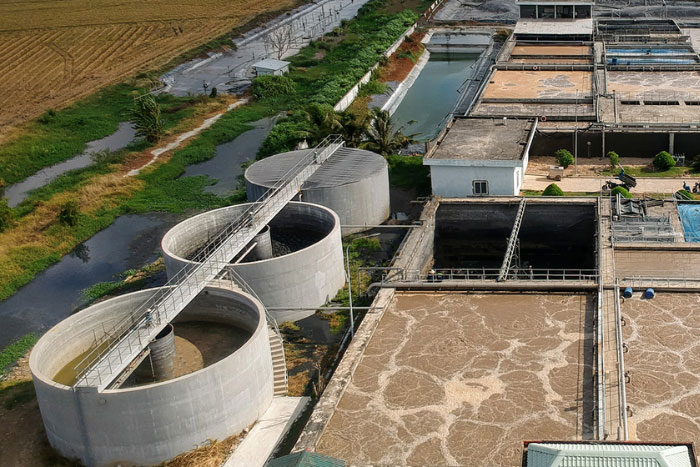
3. Can you drink tap water in Vietnam ? Is tap water safe to drink in Vietnam?
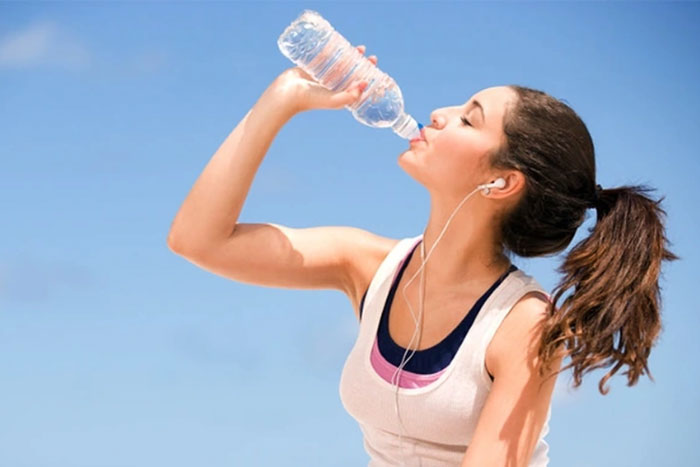
4. Health Implications of Drinking Tap Water in Vietnam
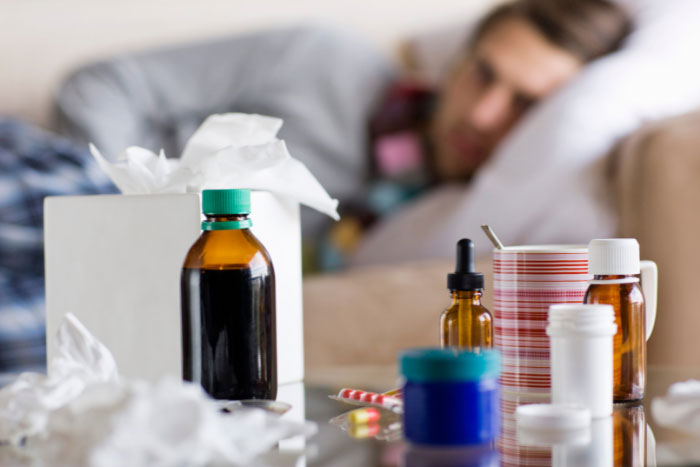
Gastrointestinal Illnesses:
Consuming contaminated tap water can lead to a range of gastrointestinal problems, including diarrhea, vomiting, abdominal cramps, and nausea.
This is particularly common with the presence of pathogenic bacteria, viruses, and parasites in untreated water sources.
Waterborne Diseases:
Tap water contaminated with microorganisms can transmit serious waterborne diseases, such as cholera, typhoid fever, hepatitis A, and dysentery.
These diseases can have severe and potentially life-threatening consequences if left untreated.
Heavy Metal Poisoning:
Groundwater sources in some regions of Vietnam can contain elevated levels of heavy metals, such as arsenic and lead, which can accumulate in the body over time.
Chronic exposure to these heavy metals can lead to neurological problems, organ damage, and increased cancer risk.
Kidney and Liver Damage:
Excessive levels of minerals, such as fluoride and nitrates, in tap water can adversely affect the kidneys and liver, leading to long-term health issues.
Skin and Hair Problems:
Some contaminants in tap water, like chlorine and hardness minerals, can cause skin irritation, dryness, and hair-related issues.
Increased Susceptibility to Illness:
Drinking tap water in Vietnam can weaken the immune system, particularly for visitors and individuals with compromised health, making them more vulnerable to a range of infections and illnesses.
5. Tips for Tourists Regarding Tap Water Consumption
Avoid Drinking tap water in Vietnam Directly:
It is generally not recommended for tourists to drink tap water Vietnam directly from the faucet in Vietnam, as the water quality can be inconsistent and may contain harmful contaminants.
Use Bottled Water:
Opt for bottled water, which is widely available and affordable throughout Vietnam. Make sure to choose reputable brands from sealed containers.
Boil Tap Water:
If bottled water is not available, boil the tap water for at least 1 minute to kill any potential pathogens before drink tap water Vietnam.
Use Water Purifiers:
Invest in a portable water filter or purifier that can remove bacteria, parasites, and other contaminants from tap water. This can be a convenient option for travel.
Avoid Ice Cubes:
Be cautious of ice cubes, as they may be made from untreated tap water and can potentially contain the same contaminants.
Be Selective with Food Preparation:
When eating out, avoid foods and drinks that may have been prepared with untreated tap water, such as salads, smoothies, or ice.
Practice Good Hygiene:
Wash your hands regularly with soap and clean water, and be mindful of personal hygiene to reduce the risk of waterborne illnesses.
>> All our Vietnam Tours
>> Vietnam Tour 17 days
>> Nguyen Hue Walking street
>> Vietnam Travel Guide
What to wear in Vietnam ? For comfort in Vietnam’s diverse climate, opt for lightweight, breathable clothing. In hot and humid weather, choose cotton or linen garments to keep cool and dry. Pack moisture-wicking layers for added comfort. In cooler regions or during rainy seasons, bring a light jacket or waterproof raincoat. For visits to temples or religious sites, wear modest clothing that covers shoulders and knees. Comfortable walking shoes are essential for exploring cities and rural areas. A wide-brimmed hat, sunglasses, and sunscreen will protect you from the sun. Adapting your wardrobe to the local weather and cultural norms ensures a pleasant experience.
Tap water in Vietnam purification typically involves several treatments. Initially, surface water is coagulated to remove large particles, followed by sedimentation where particles settle out. The water is then filtered through sand and gravel to eliminate smaller impurities. Disinfection is conducted using chlorine or other chemicals to kill bacteria and viruses. In some areas, advanced treatments like activated carbon filtration or UV light may be used to address specific contaminants. Despite these processes, variations in treatment effectiveness can occur, and additional purification methods like boiling or using water filters are recommended for ensuring safety.
Locals do not drink tap water in Vietnam directly. In urban areas, tap water is treated but may still be contaminated due to aging infrastructure and inconsistent quality. Many Vietnamese use filtered or boiled water for drinking. In rural areas, the situation is worse, with tap water often sourced from unreliable and contaminated sources. Therefore, both locals and visitors are advised to drink bottled, boiled, or filtered water to avoid health risks associated with unclean tap water. Ensuring water safety is a common practice to prevent waterborne diseases.
Related travel guide
Other similar articles
CUSTOMIZABLE BY LOCAL EXPERTS
Personalized trip at the original price!
REFUND GUARANTEE
We believe in our work and promise to give you money back.
GOOD PRICE / QUALITY
95% satisfied more than expected!
24/7 LOCAL SUPPORT
We are always available online to provide assistance at any time.
Most read articles
Autour Asia is highly recommended on
Embracing the mission of "Satisfied more than expected" and providing authentic experiences, we have received numerous recommendations on reputable travel forums:






















